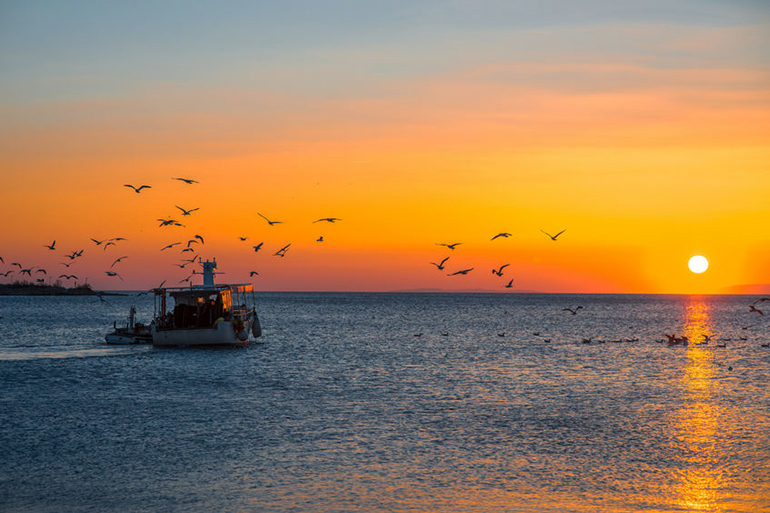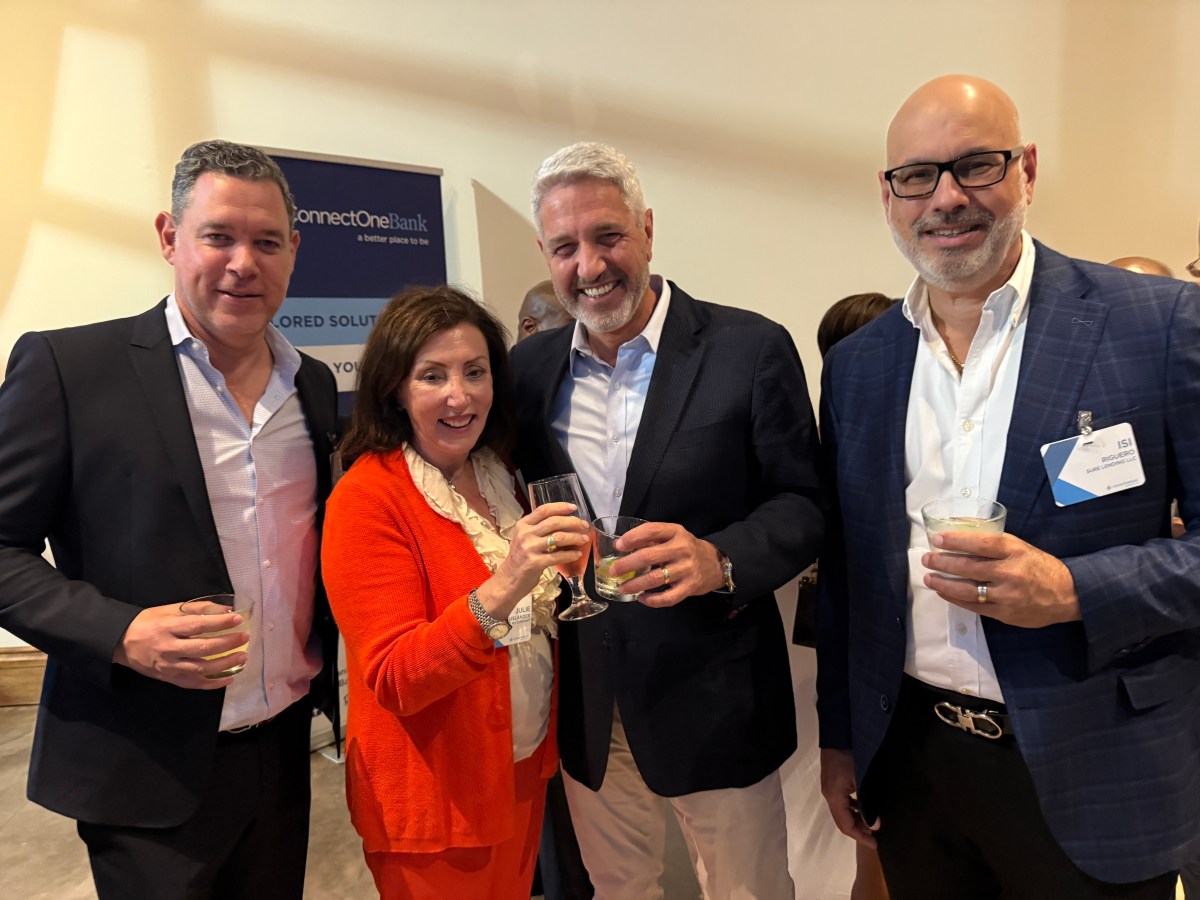2018 Dan’s Emerging Young Writers Winner: 'On Godly Darkness' by Samuel Lefkowitz-Quiana

On the first day, God said let there be light and the universe was relieved of the darkness that engulfed it. But there were no creations to bask in that light. So, either through evolution or the hands of God, or some other method, beings came into existence to live under the light.
But it was not a permanent fixture, the rotation of the earth caused the beautiful safety of light to disappear for hours on end. Some adapted to these times of darkness and thrived in them. Others did not. Before the unnatural hue of streetlights in the cities or the house lights of the suburbs, or the headlights of passing cars and lonely lights in the distance of more rural areas, before lanterns, before the first spark of fire, the night was a nightmare-scape.
Any unadapted to it faced an all-encompassing panic, caused by the knowledge that nothing was certain. That predators could be lurking anywhere. Fear of not knowing what you may step on, what you may touch, fear of not knowing where you are or where you’re going.
There are very few places left where true darkness can be experienced. For with those first sparks of fire, the lanterns, the light bulbs, the nightmare was banished. Suddenly the night could be explored, the unknown could become known just by creating a spark or flipping a switch, which recreated the gift God gave to us. But 100 miles from the comfort of the Montauk Lighthouse, floating at the mercy of the wind and tide, is one of the places darkness is complete.
Even on a night where the moon shone full and bright, and all the lights on the boat were shining in their full brilliance, nothing could illuminate further than the confines of the vessel. If I stood at the edge and stuck my arm overboard it would instantly disappear. This was the kind of darkness that could swallow a man in an instant. Inky as some would call it, but more like a black fog. As if you could grab a handful, but every time, it slips through your fingers.
As the night grew on and the fish failed to bite, the crew could no longer keep themselves awake. They either chose to retire to the cabin or fall asleep where they sat. For each one of them, this and living in Montauk was their escape from the complicated world. Lastly, there was me, torso propped up against a seat cushion, eyes trained on the tip of the fishing pole for any signs of movement.
And so I remained, half drifting out of consciousness before being jerked awake by the reel whispering every time the tide tugged at the line: that click which sends a rush of adrenaline through every hand that’s held a line. Groups of men will stare at a reel after every whisper and pray it turns into the scream of a fish running away with the line. Jumping at every twitch. But even that conditioning that has been pushed on me since a young age couldn’t keep me awake and my eyelashes fell onto my cheeks, and the rest was dreams of fish.
F__ing shit! broke the motherly arms of sleep entwined around every crew member. There was a clamor as men jumped out of bed and hurried to pull on boots they couldn’t see. Everything was gone until you bumped into it. The only reliable navigation were the thuds of the rest of the crew as they crashed into everything like unsteady toddlers.
Eventually, the entire crew figured out how to crawl out onto the deck where we all sat silently. Even the reel held its breath in suspense. We looked off into the void in different directions, but all saw the same thing: nothing save the pinpricks of stars inconceivably far away and the moon but a foot away, still unable to penetrate the wall of darkness.
“It’s beautiful” I heard from my left. The first words spoken piercing the silence that was so loud you could hear it. Manifesting as a hum, the brain attempting to make sense of nothing. In response, grumbles and mumbles. But I was silent, staring straight ahead.
Also terrifying, we all turned towards the bow of the boat where the voice of our in-house philosopher originated. Although we couldn’t see him, we all looked up as if we were disciples waiting for breadcrumbs of wisdom from a mighty prophet.
If you think about it, this is the way the world once was. We’ve changed the whole world. Brought light into places it wasn’t supposed to be. Even out here, we brought our lights and changed the true nature of the world. We’ve played God, each and every one of us, just by turning on a light. It was a godly act to create light on the first day, but even that had limitations, it was limited by the darkness that had to come every night.
So really we have surpassed God in his creations. Where he faltered we picked up the torch and made his work complete. Or so we would like to think. But this night has proven us to fall to the same pitfalls as God himself. We thought we could surpass him, but we are no better.
Some crew members, I assumed since I could not see them, were slack-jawed in awe. Others critiqued. Others agreed. The philosopher was unmoved by all and as the halo of light that signaled the beginning of false dawn began to crest the horizon, he retired back into the cabin and promptly fell asleep.
The coming of the sun revealed the boat was left in disarray. Buckets of chum and bait had been overturned by blind feet and left to ooze across the deck. Men begrudgingly stooped low to right them and sprayed away any evidence of mishap. With the coming of the light, all aboard the crew boat had suddenly become steady-footed again. As if the sun had revived them, each had regained his normal stride and no longer walked heavy-footed and groping.
As we worked, the first tendrils of fire splashed across the deck, washing away our nightmare as if it had never been there at all. It was time to return to our true purpose here, to catch tuna, and to make money. Engines revved to life and were put into gear. Lures were attached and lines were let out.
Any thought of what happened that night disappeared as quickly as the night itself. Thoughts of how small we truly are in the scheme of things, of how out of place we really are without our illuminating creations, thoughts of how the work of God, science, or some other force had come to save us from that black hell, never came to mind. The salvation had not been amazing, after all. The sun has never failed to come.
***

“On Godly Darkness” by Samuel Lefkowitz-Quiana was the $1,000 winner in the 2018 Dan’s Papers Emerging Young Writers Prize for Nonfiction. Read all about the Gala Awards Ceremony at Guild Hall and Dan’s Literary Festival here.



